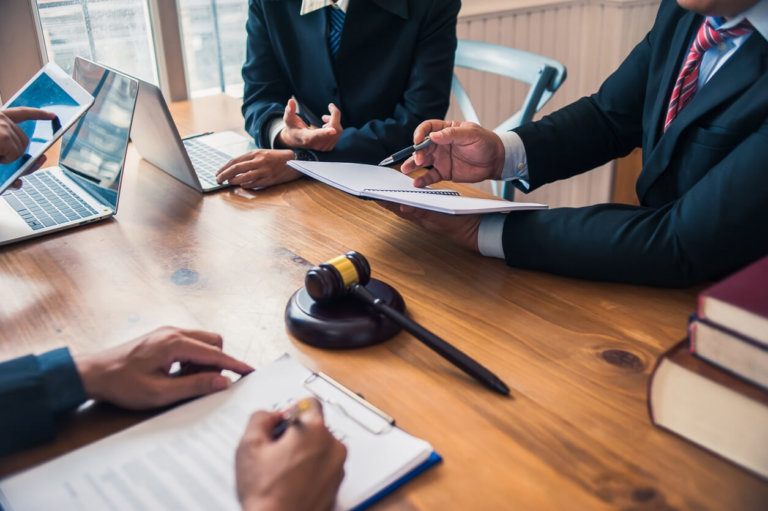Trying to resolve your New Jersey personal injury case through mediation could get you a quicker result with less stress and expense. Lawsuits can drag on for years. Bringing expert witnesses to testify at trial can cost a fortune. Your personal injury lawyer usually pays the litigation costs on your behalf during the case, but you have to pay back those expenses out of the settlement or court award.
A New Jersey personal injury attorney can walk you through an evaluation of whether mediation would be beneficial in your situation and explain how personal injury mediation works.
What Is Mediation?
When people mediate a dispute, they try to reach a settlement of their contested issues themselves, with the assistance of a neutral third party, the mediator. The mediator should not have any connection to any of the parties.
Who Are the Parties in a Mediation?
Personal injury claims often involve the plaintiff (the person who got hurt and is asking for money from the at-fault party), the defendant (whom the plaintiff blames for the injury), and the defendant’s liability insurance company. For example, in a car accident case, the defendant’s insurer would be his automobile liability carrier, like GEICO or State Farm.
The defendant typically has limited day-to-day involvement in the personal injury case. The insurer assigns a claims adjuster initially to investigate the accident and try to resolve the claim. When the plaintiff files a lawsuit, the insurer hires an insurance defense law firm to represent the insurance company in the case.
In the mediation, you would likely deal with the defense attorney for the insurer. Before meeting with the mediator and the defense attorney for a mediation session, you and your personal injury lawyer will discuss the strengths and weaknesses of your claim and determine a fair range for settlement.
What Happens in a Mediation Session
Mediation is much less formal than a trial. In a mediation, the parties meet, usually in a conference room at the mediator’s office. The mediator will explain the mediation process and tell everyone the ground rules. Your attorney and the defense lawyer present their arguments to the mediator and each other.
After the initial joint session, each side might go to separate rooms. The mediator can go back and forth between the rooms with settlement offers and other information. Sometimes it takes multiple meditation meetings to settle a personal injury case. Still, this process is usually quicker and less expensive than traditional litigation.
What Happens After the Mediation
If the case settles, the lawyers draft the settlement agreement, waivers, and other required documents. When there is already a lawsuit filed, the judge might have to review and approve the settlement papers. If the case does not settle through mediation, the remaining option is to file or go forward with a lawsuit.
Is Mediation the Best Option for Your Personal Injury Claim?
There is no automatic yes or no answer to that question. The best way to resolve your personal injury case will depend on the facts of your situation. It could help if you talk to a New Jersey personal injury attorney before choosing either mediation or a lawsuit. Contact our office today.

